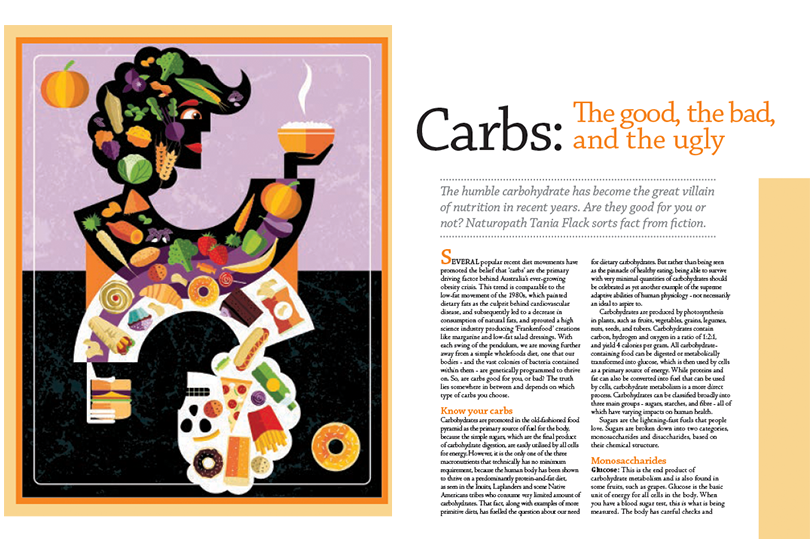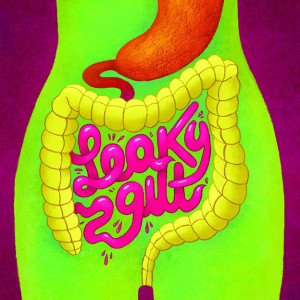The humble carbohydrate has become the great villain of nutrition in recent years. Are they good for you or not? Naturopath Tania Flack sorts fact from fiction.
Several popular recent diet movements have promoted the belief that ‘carbs’ are the primary driving factor behind Australia’s ever-growing obesity crisis.
Article Publised In:
Nature and Health Magzine







